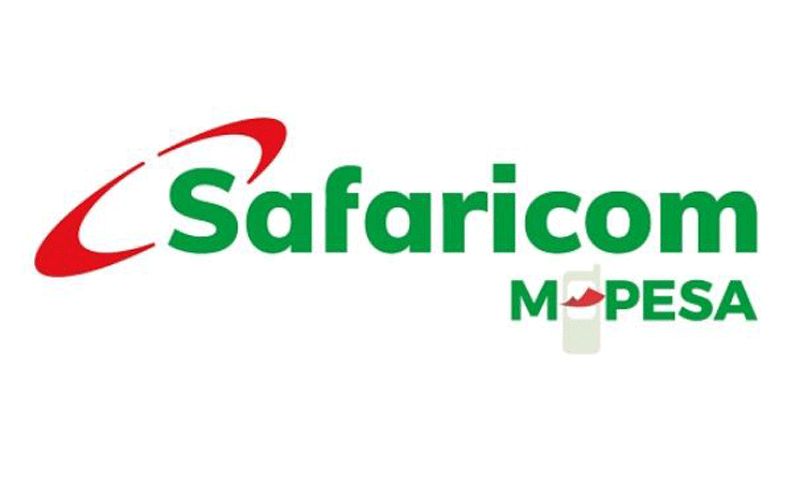Nairobi, 17 March, 2020 / 4:16 am (ACI Africa).
With two more cases of COVID-19 confirmed in the East African nation of Kenya, bringing to three the number of patients with the deadly virus and the country’s President announcing a raft of measures to prevent the spread of the coronavirus disease, a popular mobile money provider in the country has responded by announcing a revision of transaction costs and daily transaction limits to encourage cashless transactions.
Addressing a television news conference Sunday, March 15, Kenya’s President Uhuru Kenyatta announced stringent measures to help contain the deadly coronavirus disease and called on public and private agencies that provide critical services in the country to make hard decisions to save Kenyans during the temporary lockdown.
President Kenyatta advised Kenyans to avoid the use of cash money when transacting, an advisory that prompted the Monday, March 16 meeting between representatives of the Central Bank of Kenya (CBK) and those of Payment Service Providers’ (PSPs) including Kenya’s largest telecommunications provider, Safaricom, the company that operates M-pesa – the most popular mobile phone-based money transfer, financing and microfinancing service in Kenya.
“Safaricom PLC would like to thank the Central Bank of Kenya (CBK) Governor Dr. Patrick Njoroge for hosting a meeting with Safaricom and other industry players to discuss the evolving situation around the COVID-19 (Coronavirus) pandemic,” reads a statement from Safaricom seen by ACI Africa.
In the statement, Safaricom CEO, Michael Joseph, says, “The meeting follows the directive by H.E. President Uhuru Kenyatta to explore ways of deepening mobile money usage to reduce the risk of spreading the virus through the physical handling of cash. The President also directed that we consider reducing the cost of using mobile money during this period.”








